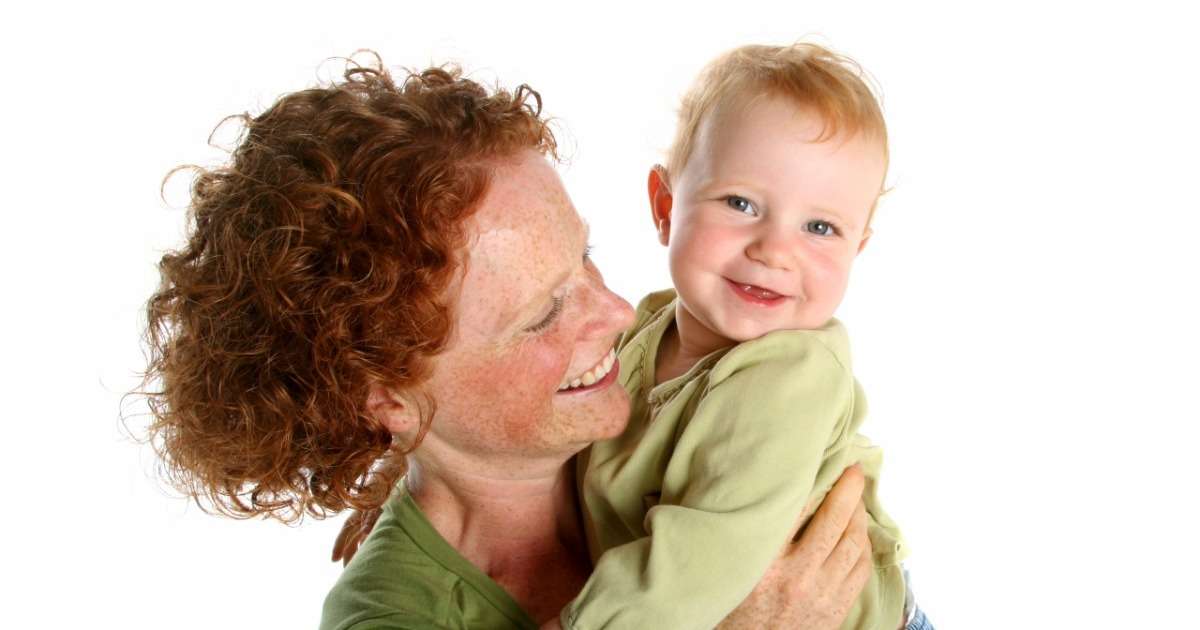
Assessment and training – positive behavior change
In daily practice, it can be difficult to establish a long-term change in behavior. Most of the time, people are not aware of their behavior.

How research on Autism Spectrum Disorders is developing
Recent scientific research provides more and more understanding of behavioral challenges children diagnosed with Autism Spectrum Disorders (ASD) face.

Parent-child interaction: Measuring the effectiveness of interactions
Quality of parent-child interaction is one of the major predictors of emotional and social development of children, which makes parent-child interaction an important focus of child development research.

Clinical interviews – analyzing verbal and non-verbal behavior
In general, researchers choose the methods and techniques that best suit their research objectives. That’s no different when researching doctor-patient communication or any other clinical interview setting.

3 Examples of pattern detection research
Patterns in behavior are everywhere around us. Think about the sequence of behavior when you do the laundry, get ready in the morning, play a game of soccer, or drive your car to work.

Observing behavior - Jury deliberations, what happens behind closed doors
Researchers increasingly study what goes on behind closed doors. Thirty mock-jury deliberations were filmed and behaviors were then coded using The Observer software.

Systematic behavioral observation – two coding scales
Structured observations are one of the many ways to gather data. Observing behavior rather than asking questions about it can provide you with a multitude of valuable information.
